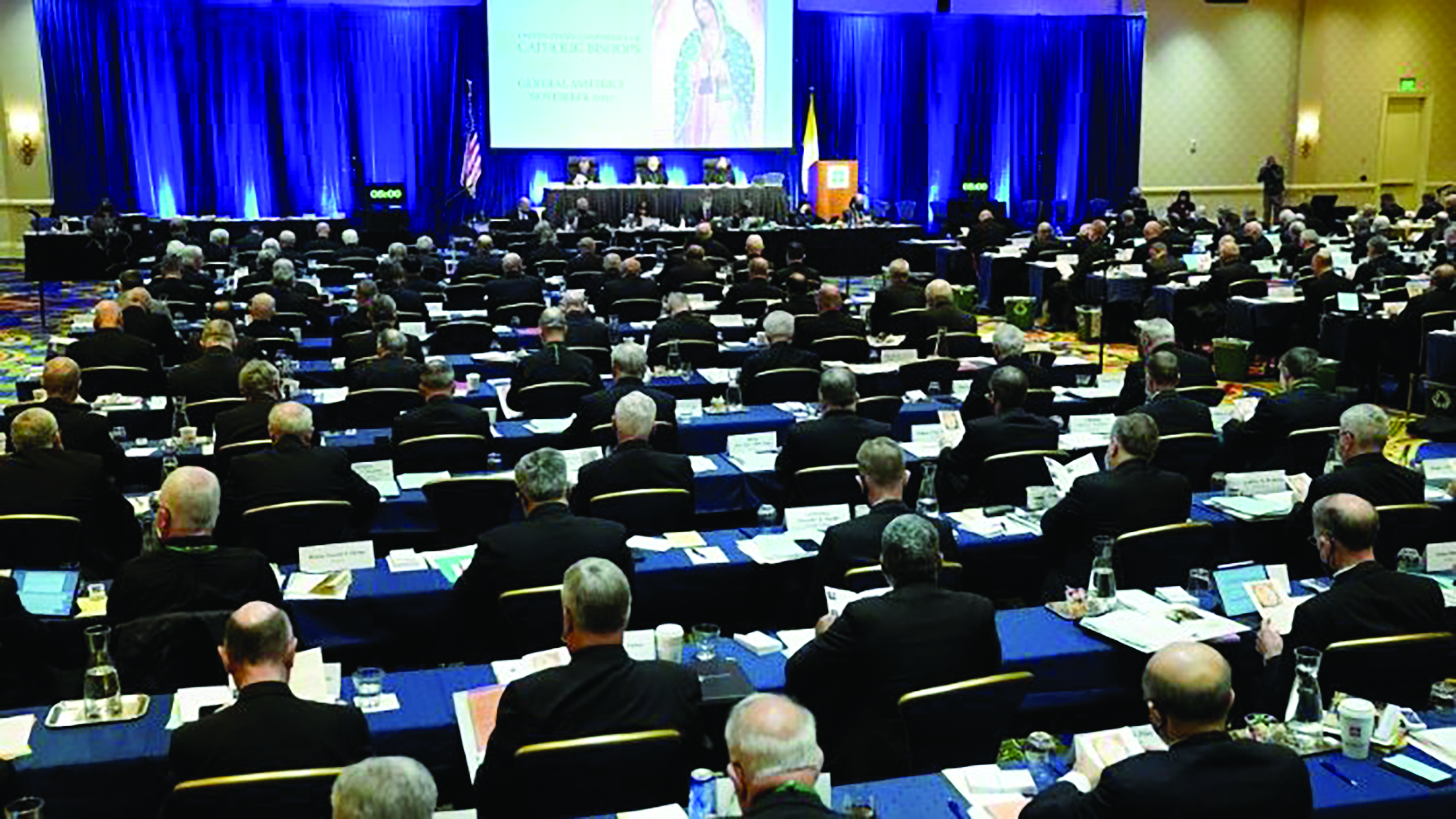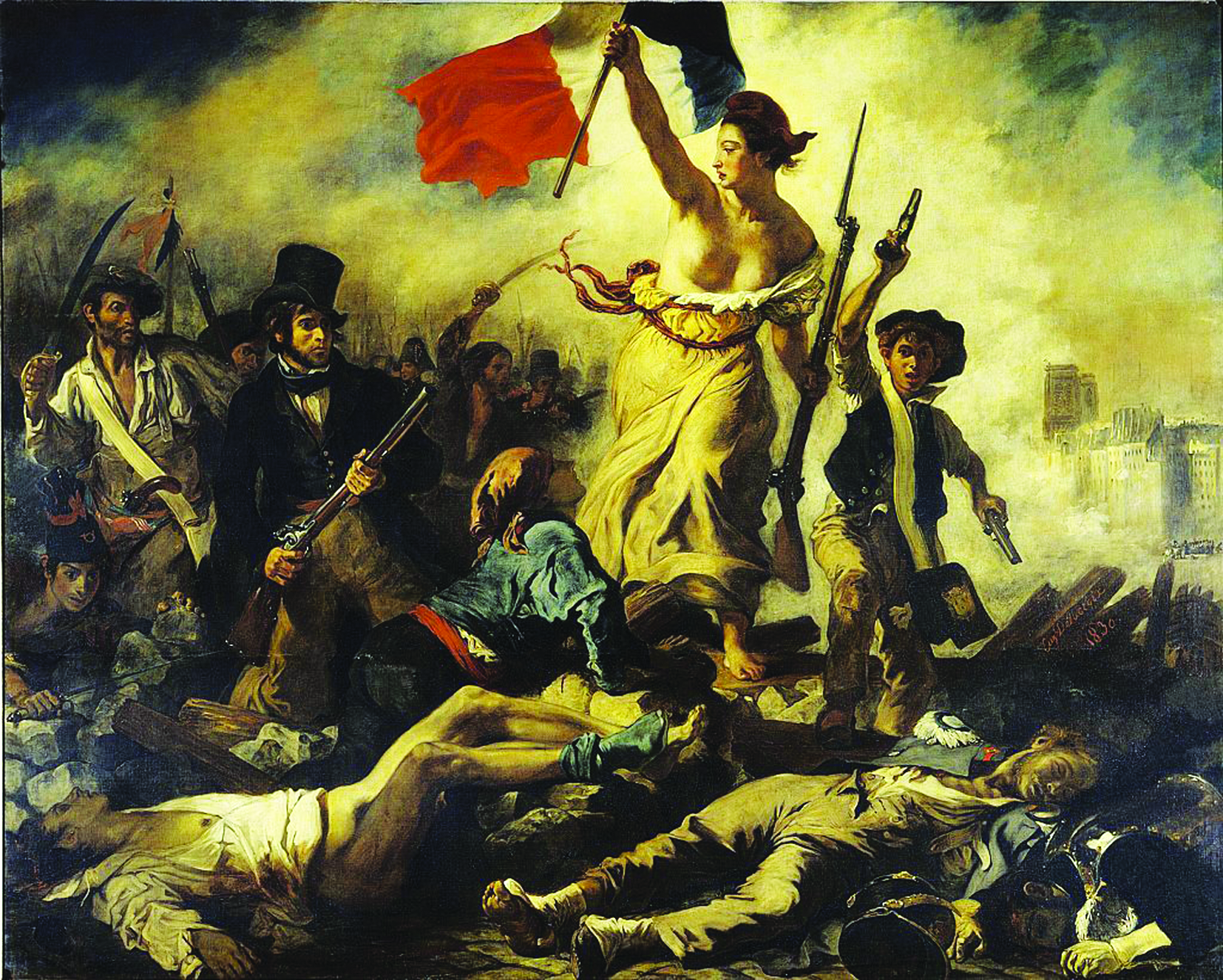During October, in the turmoil over the bishops’ synod and its interim report, a number of authors in many countries suggested that Pope Francis was “soft” on doctrine, if not downright… heretical. Our correpsondent, Bill Doino, sees things differently…
It was an article that caught many Catholics off-guard and perhaps even shocked them. Father James Schall, an influential Jesuit commentator, published an online essay entitled “On Heretical Popes” (The Catholic Thing, November 11).
What at first appeared to be a theoretical reflection on the possibility of unorthodox Popes — and how the Church might deal with them — was immediately applied to the present: “Under Pope Francis, columnists from all over the world broach the ‘heresy’ question, which he is said to foment… The main issues, in the case of Francis, revolve around the indissolubility of marriage, the nature of the papacy itself, and the approval of gay life as normal.”
Perhaps realizing his comments may have startled readers, Father Schall tried to explain: “Heretical Popes? The essence of Catholicism is that there be none. It is also its essence that, if necessary, the issue be faced squarely and judged fairly.”
The problem with Father Schall’s essay, however, is that he failed to follow his own advice. Nowhere in his article does he “squarely” address the questions he raises — much less tell us whether he believes the reigning Vicar of Christ is, indeed, a heretic. But he does write, “Others are not so sure. I know a man who thinks that the Pope should simply resign because his comments have caused so much anguish and confusion.” Then came this haymaker: “Some writers hold that a Pope cannot be a heretic. I had a professor of theology who held that, if a Pope was about to sign an heretical document, he would be dead the next morning.”
Not to be outdone by Father Schall, Damien Thompson, a prominent commentator for the British Spectator, wrote a piece on Francis and the ongoing “Catholic civil war” (November 18).
Hostilities “began during the disastrous Synod on the Family,” Thompson contended, “at which liberal officials gave a press conference implying that the Church was about to admit remarried divorcees to Holy Communion and celebrate the positive aspects of gay unions.”
This event, continued Thompson, left “the Pope looking foolish” and a target of orthodox clergy who want to uphold Catholic teaching:
“Their deepest fear is that Francis will be succeeded by a youngish liberal Pope. That will happen only if Francis reigns long enough to pack the college of cardinals with progressives just as John Paul II and Benedict XVI packed it with conservatives. So prayers are being said for an end to this pontificate within five years, max.” (emphasis added)
Thompson didn’t reveal whether he thought such prayers sinful, and didn’t explain why a college of cardinals “packed” with conservatives would elect a supposedly liberal Pope, but, unfazed by the contradiction, concluded:
“This isn’t a pretty state of affairs. If Pope Francis wishes to ward off a ‘Great Division,’ he will have to display exemplary managerial and diplomatic skills. Unfortunately, he doesn’t seem to possess them.”
One of the people Thompson cited in his critique of Francis was Sandro Magister, a long-time Vatican reporter who recently gave an interview to Italia Oggi (November 13), which was translated by the traditionalist blog Rorate Caeli.
Magister depicted a Pope who was unstable and hypocritical: calling the faithful to mercy, while not practicing it himself; promoting dangerous progressives, while censoring sound traditionalists; denouncing social injustice, but going soft on the key moral issues; remaining silent about persecuted Christians, and generally accommodating the secular world: “We have passed from a situation of confrontation and conflict to one of disinterest.”
The most serious charge Magister made against Francis is that “Christianity matters less” under his pontificate: “The Christianity from the mouth of Bergoglio is no longer provocative,” he claimed. Instead it has become passive and inept, lowering the profile of the Gospel. This last criticism was so extreme that even Thompson called it “ludicrous,” given “Francis’s daily invocation of the words of Jesus to attack corrupt and lazy Christians who pay lip service to the Gospel.
”But it is not just Magister, and, to an extent, Thompson and Schall, who have misjudged and underappreciated Francis. Since his pontificate began, many commentators have gotten this remarkable pontiff wrong.
Since his earliest days in the barrios of Argentina, Jorge Bergoglio’s life has been suffused with the teachings and culture of Catholicism. Sainthood, the family, the rosary and love of one’s neighbor — along with silent contemplation and humility before God — have always been part of his spiritual make-up. His profound religious convictions led him into the Society of Jesus, allowed him to become a widely-admired Archbishop of Buenos Aires, and now energize his towering papacy. The suggestion that he is some kind of revolutionary is a striking case of mistaken identity.
Since being elevated to the Chair of St. Peter, Francis hasn’t flagged in his commitment to the faith. He has urged pro-lifers to “stay focused” on preserving the right to life, championed the rights of the poor, rebuked “gay” lobbies who promote same-sex relations, urged fellow bishops to fight gay adoption, affirmed traditional marriage, closed the door on women priests, hailed Humanae Vitae, praised the Council of Trent and the hermeneutic of continuity in connection with Vatican II, rebuked the “dictatorship of relativism,” investigated wayward religious order; disciplined dissenters, highlighted the gravity of sin and the need for confession, warned against Satan and eternal damnation, denounced worldliness and “adolescent progressivism,” defended the Sacred Deposit of Faith, and urged Christians to carry their crosses even to the point of martyrdom.
If one wants additional evidence to refute the allegations of his critics, one can easily find it. The recent Synod on the Family led by Francis was not, as has been alleged, a capitulation to secularism but a triumph of orthodoxy. Temporary confusion, conflict and dubious press conferences — standard events at large Church gatherings — do not minimize the point. Far from undermining Catholic teaching on marriage, the Synod’s final message eloquently affirmed it:
“Such love, of its nature, strives to be forever to the point of laying down one’s life for the beloved. In this light conjugal love, which is unique and indissoluble, endures despite many difficulties.”
Nowhere did the Synod encourage “pastoral” practices to do a subtle end run around received teaching (as had been widely predicted); nor was there anything close to a schism or a Catholic “civil war.”
Of course, Francis had repeatedly upheld Catholic teaching on marriage long before the Synod began, notably when he spoke to a group of bishops last April 25:
“The holiness and indissolubility of Christian matrimony, often disintegrating under tremendous pressure from the secular world, must be deepened by clear doctrine and supported by the witness of committed married couples….
“Christian matrimony is a lifelong covenant of love between one man and one woman; it entails real sacrifices in order to turn away from illusory notions of sexual freedom and in order to foster conjugal fidelity.
“In this sea of difficulties, we bishops and priests must give a consistent witness to the moral teaching of the Gospel. I am confident that you will not weaken in your resolve to teach the truth ‘in season and out of season’ (2 Tim 4), sustained by prayer and discernment, and always with great compassion.”
The Synod reaffirmed these powerful statements from Francis, and also rejected early efforts to soften the Church’s stand against homosexual practice — quoting a stern 2003 Vatican document on the subject.
The Synod’s fidelity to orthodoxy outraged the gay lobbies, whom Francis had previously warned against. One activist in the Guardian (October 23rd) wrote: “I am still bound for hell. Nothing the bishops discussed in Rome over the past few weeks will save me and my kind from damnation. They considered some soft rhetoric but never questioned that sex between men must remain a grave sin.”
Of course, anyone who turns away from wrongdoing can be forgiven by God, but the writer is correct that Francis and his faithful bishops fully affirm the reality of mortal sin.
As for the need for Francis to speak out against the persecution of Christians and engage in cultural combat, in the very month Schall, Thompson and Magister questioned the Holy Father, Francis did exactly that. “Pope Calls for Global Defense of Christians Facing Persecution,” read a Catholic News Service headline (November 12). He then addressed a group of physicians, denouncing abortion, euthanasia and IVF as “sins against God the Creator” (November 17); and soon afterwards, Francis hosted a major conference in Rome in defense of traditional marriage (November 17-19), garnering this headline from the Independent: “Pope Francis Declares Union Between Man and Woman ‘At Root of Marriage’ in Blow to Gay Rights” (November 18). Dr. Russell Moore of the US’s Southern Baptist Convention, who addressed the meeting, wrote: “Pope Francis made clear the male/female complementarity is essential to marriage and cannot be revised by contemporary ideologies.”
To round out the month, Francis addressed the European Parliament and Council of Europe (November 25) on the socio-political crisis of our time. Far from shrinking from battle, the Pope laid into Europe’s secularists good and hard. Vatican Radio headlined, “Pope Urges a ‘Lonely,’ ‘Self-absorbed’ Europe to Recover its Soul”; and Father Dwight Longenecker commented: “What emerges from the pope’s words is an astounding reproof of the European authorities… Noting the cynical and weary attitude of Europeans, [he] said there was a great vacuum of ideals in the West. An essential forgetfulness of God will lead to an ideology of uniformity in which human uniqueness and individual strengths will be swallowed up in an ever burgeoning secular, bureaucratic, and ultimately sinister empire.”
Father Longenecker also mentioned that one of Francis’ favorite novels is Robert Hugh Benson’s Lord of the World — an apocalyptic warning against the anti-Christ.
To defend Francis’ outstanding record of faith is not to say he has never made any prudential missteps: he has, and doubtless will make a few more.
But Francis’ critics forget that his predecessors, too, made prudential errors — sometimes serious ones — but none, protected by Heaven, ever taught formal error, and some were eventually recognized as saints, as Francis himself may be one day.
The idea that Pope Francis is a trendy modernist, determined to radically alter the Catholic faith, will not withstand even a brief survey of the Holy Father’s life.
As this article was going to press, it was announced that Francis had appointed Cardinal Robert Sarah — a staunch “conservative” from Africa, who is sympathetic to the Latin Mass — to the vital Congregation for Divine Worship, confounding his traditionalist critics (who had predicted an extreme “liberal” appointee) once again.
Instead of praying for a short pontificate, we should be praying for Francis’ continuing strength, and be encouraged by all the good he has accomplished and still will accomplish under the unfailing guidance of Christ.







Facebook Comments